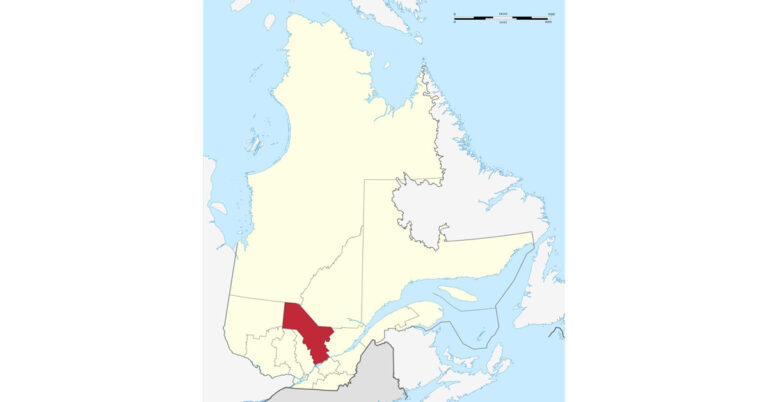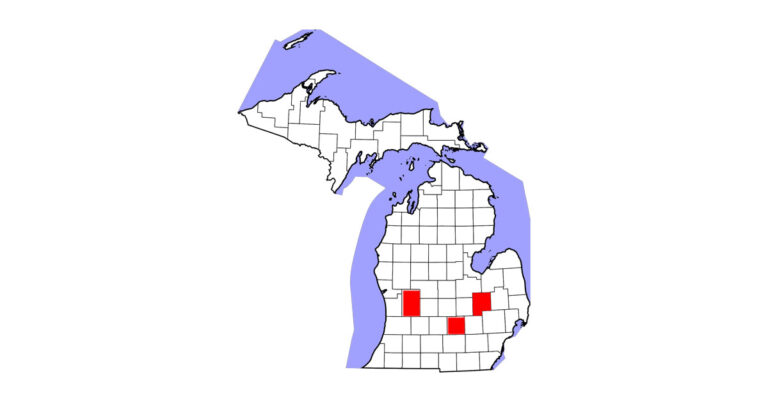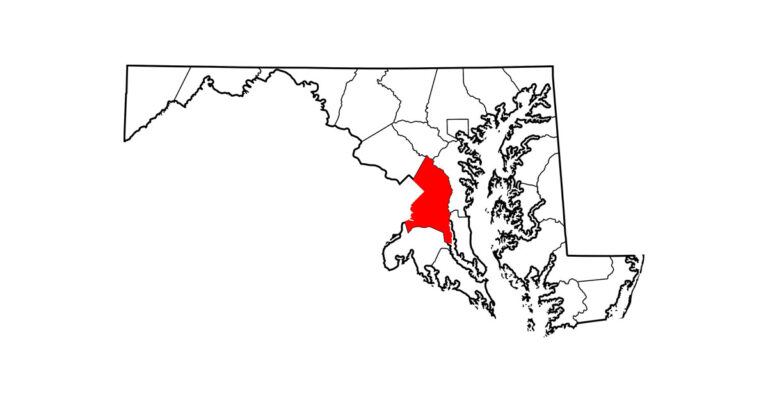
Horses in six regions in Quebec have been confirmed positive for equine influenza. All six affected stables are epidemiologically linked to two Standardbred racing events.
In MRC Pierre-de-Saurel, a Standardbred mare was confirmed positive on May 30 following a racing event. Thirteen additional horses at the stable are suspected to be positive, and 20 horses are exposed.
In MRC Bécancour, a 10-year-old Standardbred used for racing was confirmed positive on May 31 following an event. There are nine suspected cases and 10 exposed horses at the stable.
In MRC Joliette, 12 horses are exposed following a racing event.
In MRC Les Maskoutains, a suckling colt was confirmed positive after developing pneumonia on May 28. The foal’s dam also has a fever. Both horses are quarantined. There are seven suspected cases and three additional exposed horses at the stable.
A stable in Trois-Rivières was also exposed to equine influenza following a racing event.
EDCC Health Watch is an Equine Network marketing program that utilizes information from the Equine Disease Communication Center (EDCC) to create and disseminate verified equine disease reports. The EDCC is an independent nonprofit organization that is supported by industry donations in order to provide open access to infectious disease information.
About Equine Influenza
Equine influenza is a highly contagious respiratory disease that infects horses, ponies, and other equids, such as donkeys, mules, and zebras. The virus that causes it is spread via saliva and respiratory secretions from infected horses. Horses are commonly exposed via horse-to-horse contact; aerosol transmission from coughing and sneezing; and contact with humans’ contaminated hands, shoes, or clothes or contaminated tack, buckets, or other equipment.
Clinical signs of equine influenza infection can include a high fever (up to 106°F); a dry, hacking cough; depression; weakness; anorexia; serous (watery) nasal discharge; and slightly enlarged lymph nodes. Consider monitoring your horse’s health at shows by taking his temperature daily, which can help you pick up on signs of infection early and take appropriate measures to reduce disease spread.
Vaccination is an important and inexpensive way to protect your horse. US Equestrian requires proof that horses have had an equine influenza vaccination within the six months prior to attending organization-sanctioned competitions or events. Your veterinarian can help you determine what other vaccines your horse might benefit from.
In addition to vaccinating, following strict biosecurity protocols can help reduce your horse’s chance of infection and disease. Such measures include quarantining new equine arrivals at barns, disinfecting buckets and equipment, and preventing nose-to-nose contact between horses.
Click here to read common questions and answers about equine influenza.








